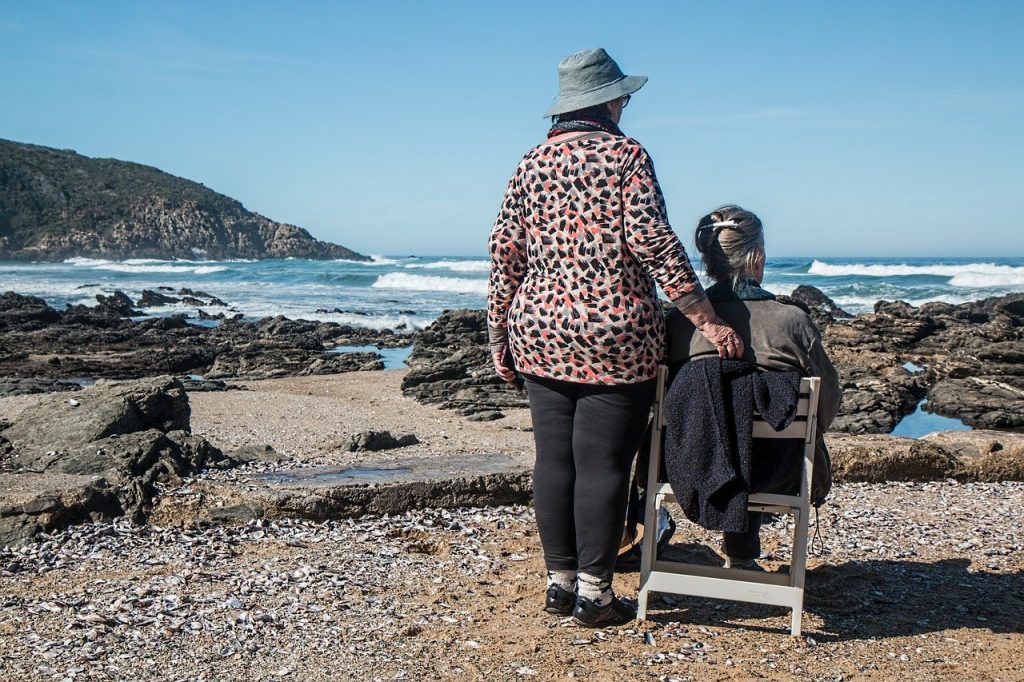The world is suffering in one way or the other. People are hurting physically, emotionally, and socially. Families are having a hard time taking care of their sick and elderly loved ones. Some are exhausted from the demands of caregiving and could do with extra help.

Would you consider extending a helping hand, whether it’s in taking care of children or senior citizens? You can do this by becoming a caregiver. A caregiver provides care to anyone who requires extra help in running their day to day life.
However, all caregivers are not created equal. Some come as primary or family caregivers, others as respite caregivers, and others as volunteer caregivers.
Here’s a look into how the different categories differ.
Family Caregiver
This refers to a family member who devotes their time to providing emotional, social, physical, nursing, and homemaking care. The care is rendered at home on a daily or intermittent basis.
While most caregivers volunteer their time to give care without pay, others get paid through special programs. One such program is the consumer directed personal assistance program. You can check the requirements to see if you qualify to work as a paid family caregiver. The payment comes as a token of appreciation for the work and time you put into providing care.
Professional Caregiver
Professional caregivers differ from a family caregiver in that an agency hires them to provide care. They have the qualifications to offer medical and non-medical care. Professional caregivers can work in a home or facility setting. The care recipient hires an agency to provide care, and the agency assigns a professional caregiver the work.
Independent Caregivers
Closely related to a professional caregiver is an independent caregiver. The difference is that an independent professional doesn’t work through an agency. A family hires an independent caregiver without going through an intermediary, in this case, the agency.
Private Duty Caregiver
This type of caregiving role entails providing a wide range of services. These include medical and nursing care, transportation services, and paying bills, among others.
Overall, such caregivers cater to every need of the senior or sick person to remain as independent as possible. When on private duty, you can work for third party agencies or provide services independently.
Informal Caregiver
This refers to a friend or family member that provides care without pay. The services are rendered to a person with whom the provider has a professional relationship. It differs from family caregiving in that the caregiver isn’t related to the recipient of care by family ties.
Volunteer Caregiver
A volunteer caregiver usually works in respite or hospice care. They provide a much-needed break for someone giving care to a person with a chronic illness, disability, or frailty. Their work is to offer non-medical companionship and supervision for someone with special needs.
Take Away
Giving back to society comes in many forms, and caregiving is one of them. If you’d like to touch a life in a special way, consider extending caregiving services. Whether voluntary or paid, it’ll go a long way in making someone’s life better amid many problems.
















Add Your Comment